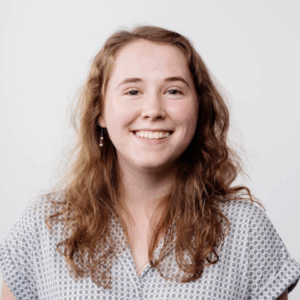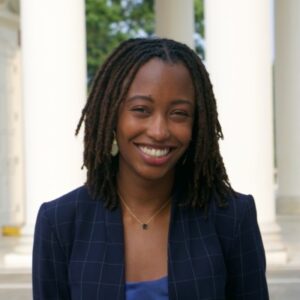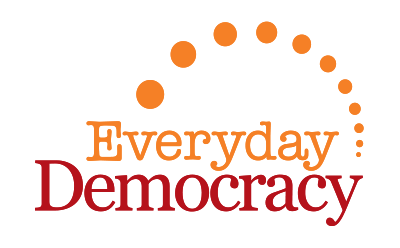Gen Z and the Future of Democracy
The future of our democracy depends on young people—and their trust is wavering. Only 3% of Gen Z strongly believe that democracy is working well for them, per the 2025 Protect Democracy Report.
And young people aren't a monolith: some trust institutions but only engage at the ballot box, others feel shut out because they lack real civic opportunities, and many are deeply active yet so dissatisfied that frustration can tip toward division. What's clear is that they are not apathetic. From climate justice to racial equity to voting rights, young people are organizing and leading today's most urgent movements. Too often, though, they're treated as leaders of tomorrow, instead of full participants in shaping the systems that affect their lives right now.
Understanding the diverse views and experiences of young people is critical to strengthening democracy.
In this conversation, we'll be joined by two youth organizing leaders— working a major cities and rural areas— who will share their perspectives on the diverse challenges and opportunities shaping Gen Z's role in democracy.
Our panelists will explore:
- What's resonating with young people—and what's pushing them away.
- How online radicalization and misinformation are shaping Gen Z political attitudes.
- The rise of Gen Z conservatives—what's behind it, and how it's showing up in organizing spaces.
- What older allies and institutions often get wrong about engaging youth, and how to shift toward genuine youth partnership.
- The roles young people want in movements.
Join us to learn how we can move beyond one-size-fits-all approaches to youth engagement and create a democracy where young people are truly at the center.
About the Panelists

Hannah Botts is a Gen Z civic leader reimagining how institutions connect with communities too often overlooked in national discourse. A Kentucky native, she has advised foundations, local governments, and cultural institutions on youth engagement strategy. She has worked with organizations including the Annie E. Casey Foundation, 18by Vote, and the Kentucky Student Voice Team. As Program Director of Campus Compact’s Rural Youth Voices Initiative, Hannah leads efforts to expand access to civic action for rural youth and to challenge the dominant narratives around rural disengagement. Her work centers proximity, power-sharing, and the belief that young people are not a demographic to reach, but partners in building what comes next.

Zoë Jenkins is a 22-year-old building civic trust and educating for democracy as the Director of Civic Trust and Recruitment at Civics Unplugged. She is on the board of the Kentucky Student Voice Team. She has worked with Stanford University and The Nobel Prize and has been featured in The Washington Post, NPR, and The Tamron Hall Show. Zoë was selected as a National Geographic Young Explorer for her work in expanding education storytelling among Kentucky’s least-heard students. She was a Spring 2020 fellow and served on the inaugural Steering Committee at Civics Unplugged. Zoë graduated from the University of Virginia where she studied Youth and Social Innovation and Political and Social Thought

Merle McGee (Moderator) is the President and Chief Executive Officer of Everyday Democracy. Merle brings over 25 years’ experience in non-profit settings fighting alongside historically marginalized and excluded communities for dignity and racial, gender, and economic justice. Before joining Everyday Democracy, Merle served as Chief Equity and Engagement Officer at Planned Parenthood of Greater New York, where she led organizational transformation through community engagement initiatives. She is also co-facilitator and leader with the Anti-Racist Alliance and the co-founder of the The BIPOC Project, an antiracist collective committed to building solidarity among people of color.
